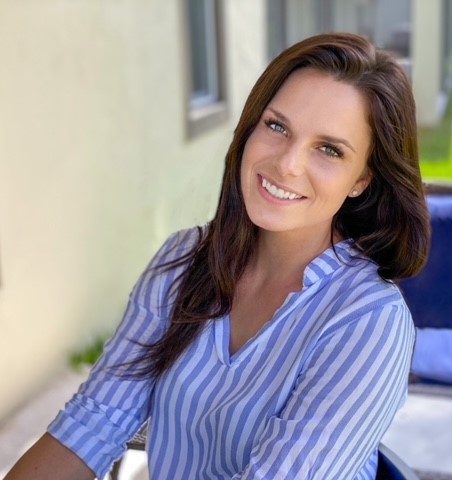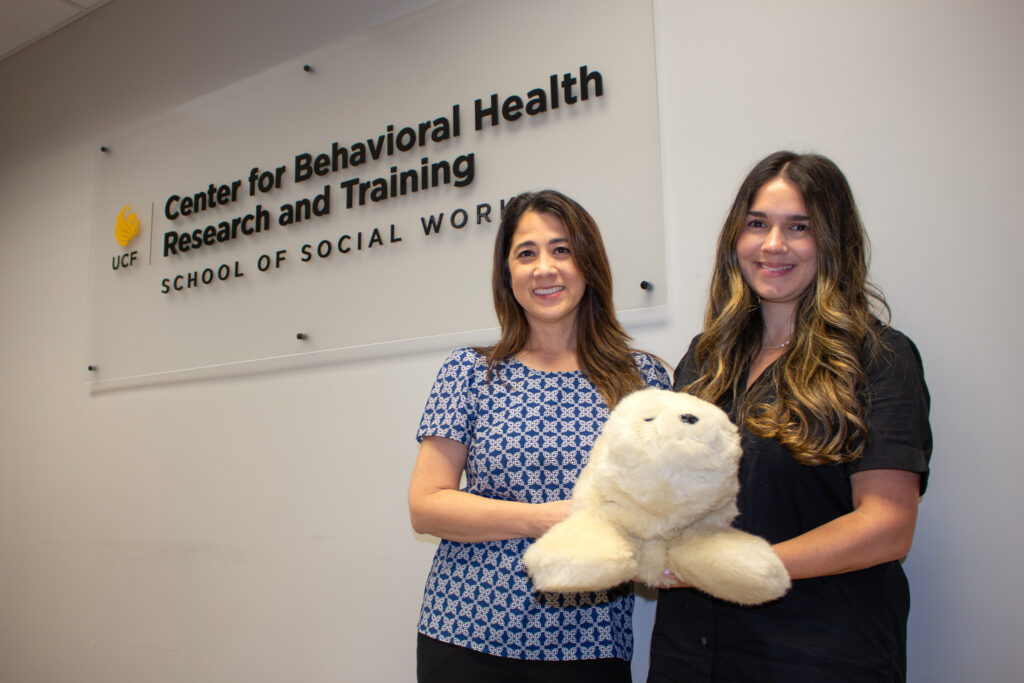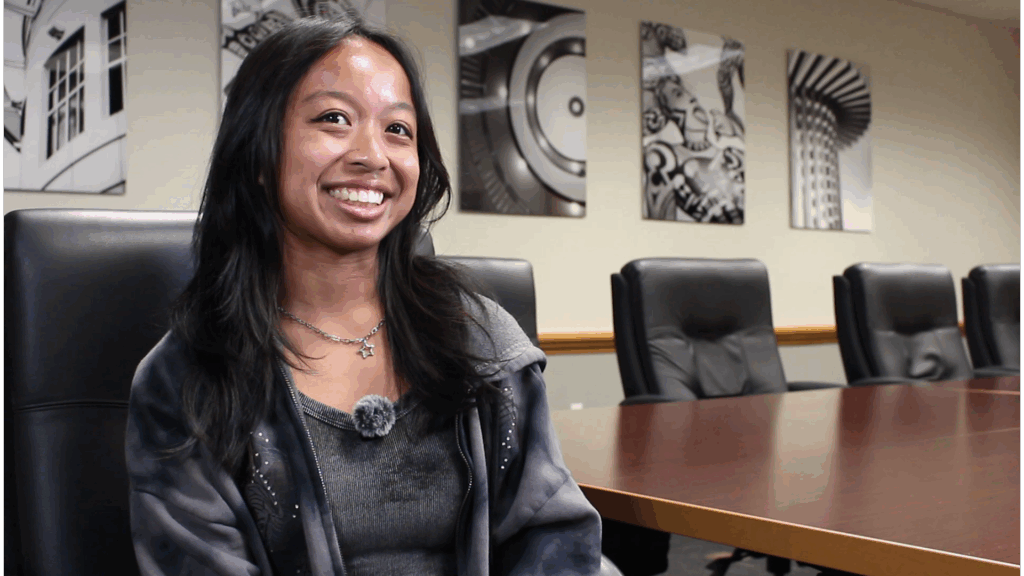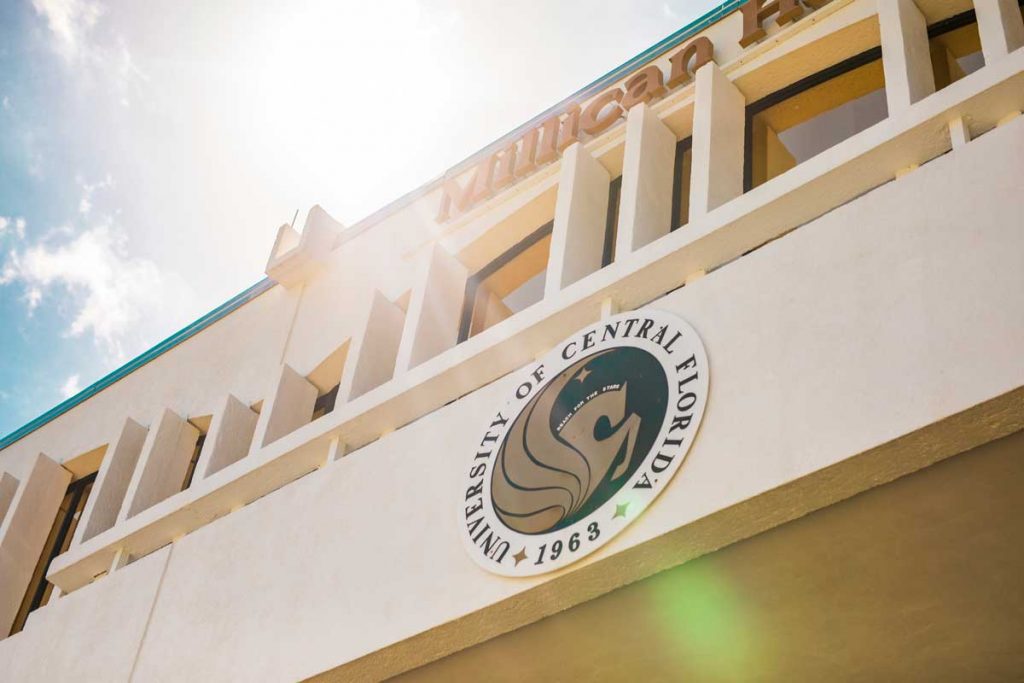Every year, the National Association of Social Workers-FL Chapter (NASW-FL) invites social work students from all over Florida to participate in Legislative Education and Advocacy Day (LEAD), a two-day event. This year, nearly 105 UCF BSW and MSW School of Social Work students virtually met with state legislators and/or their aides to advocate for or against specific bills that are being considered at the State Capitol.
BSW student and NASW-FL student representative, Amber Margeson pre-organized all seven meetings between UCF Social Work students and Florida legislators including, Representative Anna Eskamani and Senator Victor M. Torres, Jr. Among all the Florida universities that attended LEAD, Margeson played a key role by scheduling the most meetings – giving UCF students greater opportunities to have their voices heard by local leaders.
“As social workers, being informed and involved in the process of bills into laws is important so that we can understand the direct or indirect impact they have on our clients,” said Margeson, who was already familiar with the process of contacting representatives.
“As social workers, being informed and involved in the process of bills into laws is important so that we can understand the direct or indirect impact they have on our clients,” said Margeson.
On day one of LEAD, NASW-FL leaders and students discussed the 12 bills that were LEAD’s 2022 legislative priorities specific to students and the social work profession. One of the bills that interested Margeson the most was HB 0195/SB 342, Juvenile Diversion Program Expunction. “The criminal justice system needs restructuring to help minors and prevent them from being tried in a harsher ruling,” said Margeson who believes that minors with misdemeanors and felony offenses can have a smoother transition into society by using rehabilitation programs.
On the second day of LEAD, Margeson was the student moderator between UCF Social Work students and legislators to discuss their stance on the bills. “It was important to set aside our differences, like party affiliation or personal ethics, and explain why we were for or against these bills because putting the needs of the community was above all,” she said.
Advocating for others, including her peers, has always been a priority for Margeson who, before LEAD began, passed around the HB 1557 Parental Rights in Education bill in some of her classes. Popularly known in the media as the “Don’t Say Gay” bill, an amendment to this bill would require schools to notify a student’s parent of specified information, including sexual orientation.
“I know so many students who are a part of this community and I have a personal connection to advocate on behalf of them. [This bill] can lead to more social and economic issues for students who identify as LGBTQIA+ (e.g., depression, higher suicide risks, homelessness). Passing this bill would be a significant setback for a community that has fought hard to be where it is today,” said Margeson.
“Meeting with the local leaders offered us a place to engage with them differently; some were lively debates and others were friendly discussions, but they were all there to at least listen to what we had to say as student social workers,” said Margeson.
While students await the final votes on many of the bills they discussed, being a part of LEAD is an opportunity for students to see the impact their active participation can have in the democratic process. “Meeting with the local leaders offered us a place to engage with them differently; some were lively debates and others were friendly discussions, but they were all there to at least listen to what we had to say as student social workers,” said Margeson.








